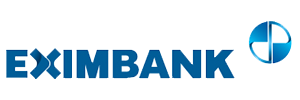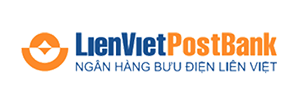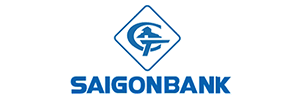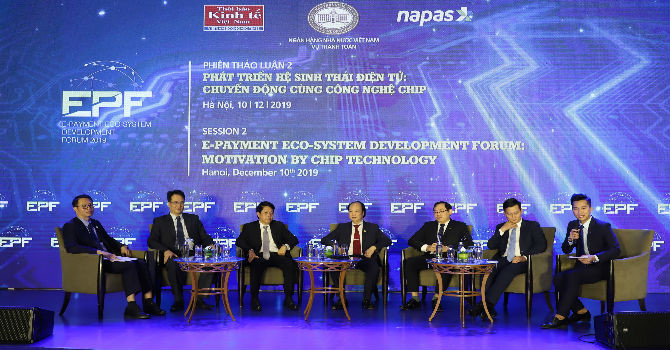
Will Vietnam be lagging behind the world when it is not until 2 years before completing the conversion to chip cards, while countries in the world have been put into use for a long time?
“Definitely costly.”
Speaking at the Forum of development of electronic payment ecosystem 2019 with the theme “Moving with chip technology” by Vietnam Economic Times, the State Bank and National Payment Corporation (Napas) Organized in the morning of December 10, Deputy Prime Minister Vu Duc Dam said that, recently, the Politburo had a Resolution on Industry Revolution 4.0, the Government also had many resolutions, strategies, directives and decisions of the Government. How can the Prime Minister make good use of this opportunity?
The Deputy Prime Minister emphasized that promoting cashless payment is not as simple as it used to be to increase the circulation of capital throughout the society, not to let the currency die, not only to be a transparent issue against laundering. Corruption money, if done well, will boost the internet economy.
Between chip technology and old magnetic card technology, besides talking about cards, the transition, according to the Deputy Prime Minister, if we go straight ahead, we will not miss the beat.
“We are slow now. And to do this, you need to call not only regulatory agencies but also businesses.
The conversion is definitely expensive. But if it is good for the country, good for society, that cost in the long run will compensate for the economy. More importantly, it is also the social responsibility of enterprises and banks ”, Deputy Prime Minister emphasized.
From the perspective of a banker, Mr. Nguyen Dinh Thang, Chairman of LienvietPostbank’s Bank said that, to convert from a magnetic card to a chip card, the bank cost would be very large. Technology investments need to have a depreciation period, while when applying a chip card, the system of technology must change, the terminal system, ATM, POS system must also change … Those are Huge cost. In addition, changing chip cards for customers also takes time.
Sharing the same view, Mr. Tran Cong Quynh Lan, VietinBank’s Deputy General Director, said that the biggest challenge for banks in converting from magnetic cards to chip cards is the cost.
When deploying chip cards, banks will have to replace a series of machines, chip card issuance costs are also much higher than magnetic cards. However, we all feel the need to transform, at the same time, turn challenges into opportunities. Chip cards can integrate, store a lot of information for customers, synchronize payment of many costs such as transportation, health, education, …
Two years from now, will Vietnam be a low point?
According to the roadmap outlined in Circular No. 41/2018 / TT-NHNN dated December 28, 2018, Vietnam will complete the conversion of 100% of domestic cards to chip cards by December 31, 2021.
The remaining time, which is only 2 years right. However, speaking to the sidelines reporter, Mr. Dao Minh Tuan, Chairman of the Vietnam Bank Card Association, said that the conversion in the past time has not been as expected as only about 10% of the amount Card is replaced.
And the question is, whether Vietnam will lag behind the world or not when it will take two years to complete the conversion to chip cards while countries around the world have put into use for a long time and technology. it always changes incessantly (?).
Answering this question, Mr. Tuan said that it is true that technology is always changing, however, chip cards are just the foundation.
“In the next 2 years, with the development of the chip platform, along with the added services on the chip system, the integration of information and applications on the card, banks will increase many other services, combining many other utilities such as health care, education on bank cards, ”Mr. Tuan said.
Meanwhile, citing figures from Mastercard International, Ms. Nguyen Tu Anh, President of National Payment Joint Stock Company (Napas), said that the development speed of chip cards in the world has been very good for many years. , and forecast that 2020 will maintain the growth rate of 40%.
“We don’t think the card will stop growing. However, the electronic payment ecosystem will not deny the role of e-wallets or QRs. All of these are new technologies, we can apply them to Vietnam market.
In the world, chip payment cards currently account for about 90% but in Asia is only 60%, Vietnam therefore, not too backward compared to the world.
The story of Vietnam’s transformation today for the next 3 years will have a lot of work to do and there will be a huge space waiting for the banking industry as well as other economic sectors to develop together, ”said President Napas. positive.
According to Ms. Tu Anh, Napas has so far granted standard certificates to most banks in the market. In order to support the developed market, Napas has also provided certificates for many white card providers and POS devices for the market so that the banking market has the best options when converting cards. and expanding its bank’s network of merchants.
“We want the story of the chip card application not only for the banking sector alone, because the chip card is a multi-application on which, besides the payment application and financial services, it can be applied. adding links with other economic sectors to bring multi-applications into technology such as transportation, health insurance, social insurance … ”, President Napas said.
Obviously, the story of acceptance network expansion is a very big story for the whole market, because the card is issued but the card acceptance network must be invested and this investment is not small.
However, as Deputy Prime Minister Vu Duc Dam also said, this is the responsibility of the banking industry in particular and other ministries in general to the community.
With this investment, it is expected that people will be able to carry out comprehensive finance, the poor in rural areas will also be able to use banking technology in payment and in financial services in the near future.
(Source: Bizlive.vn)
Tin tức khác
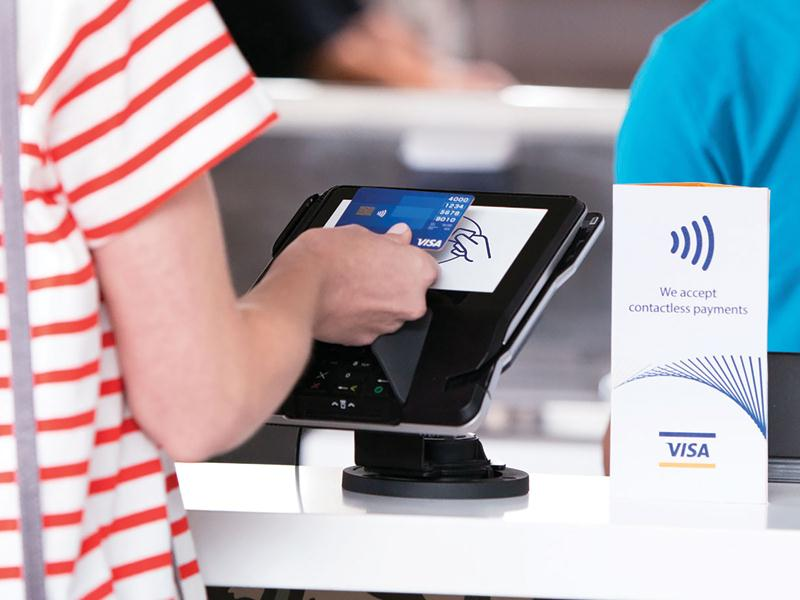
Đảm bảo an ninh thanh toán số của Việt Nam
Bùng nổ thanh toán không dùng tiền mặt Những năm vừa qua, Việt Nam đã chứng kiến sự bùng nổ của các hình thức thanh toán không tiền mặt, bao gồm thẻ tín dụng, dịch vụ Internet Banking, ví điện tử và các ứng dụng thanh toán kỹ thuật số khác. Người tiêu dùng Việt
Xem chi tiết
Hai năm nữa mới hoàn thành chuyển đổi sang thẻ chip, Việt Nam có là điểm trũng trên thế giới?
Liệu Việt Nam có bị tụt lại so với thế giới hay không khi tới 2 năm nữa mới hoàn thành chuyển đổi sang thẻ chip, trong khi các nước trên thế giới đã đưa vào sử dụng từ lâu? “Chắc chắn sẽ rất tốn kém” Phát biểu tại Diễn đàn phát triển Hệ sinh
Xem chi tiết
Ngân hàng ứng dụng nhận diện khuôn mặt trong các giao dịch
Nhận diện khuôn mặt, xác thực vân tay là 2 trong số những giải pháp số hóa đang được các ngân hàng đẩy mạnh trong thời gian này. Thay vì lấy số, ngồi chờ, tự tay điền các mẫu giấy, xuất trình các giấy tờ tùy thân, anh Nguyễn Ngọc Anh có thể dễ dàng
Xem chi tiết
What’s new in 2020 health insurance card?
As previously reported, from January 1, 2020, the social insurance agency issues an electronic health insurance card for participants. So, what are the characteristics of this card? Electronic health insurance card with facial recognition By January 1, 2020, the social insurance agency must issue electronic health insurance cards to the participants of health insurance. At
Xem chi tiết
Mùa dịch Covid-19, mua sắm siêu tiện lợi nhờ thanh toán online
Từ mua sắm đủ loại hàng hóa, gọi món ăn bất kể sáng tối… cho đến thanh toán các loại hóa đơn hàng ngày thông qua các ứng dụng tiện ích online đều đang rất thịnh hành trong cuộc sống hiện đại, đặc biệt là trong thời gian cách ly xã hội như hiện nay.
Xem chi tiết
Current situation and solutions for developing digital banks in Vietnam
The rapid development of modern information technology creates digital banking – a new trend for future retail banks. Because it is quite new in Vietnam compared to developed countries, the number of digital banks in Vietnam is still modest. Digital banking offers new opportunities for commercial banks but also presents challenges to overcome for regulators.
Xem chi tiết
